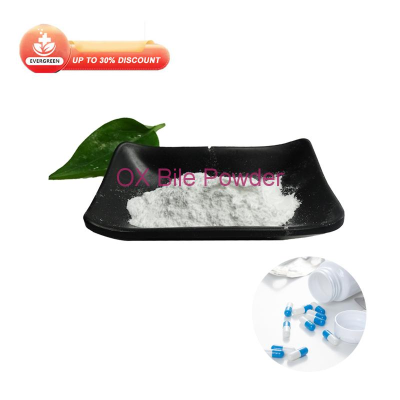How much do plant roots know?
-
Last Update: 2021-01-23
-
Source: Internet
-
Author: User
Search more information of high quality chemicals, good prices and reliable suppliers, visit
www.echemi.com
root is one of the six organs of seed plants, usually located below the surface, it can not only provide support for the above-ground part of the plant, but also absorb water and nutrients from the soil to meet their own growth, it is an important nutrient organ of plants.
root can be subdivided into three types: root, side root, and indetermination root. The main root is developed by the root of the embryo, when the seed germinates, the root of the embryo first breaks through the seed skin, and then grows and develops into the main root. The main root grows for a period of time to produce branches, these branches continue to grow to form side roots, side roots in the form of more fine than the main root, at the same time on the side root can produce new branches, and eventually will form a complex structure of the root system. This root system consisting of the main and side roots is called the main root system, and most naked and gemal plants are the main roots (e.g. pine, peanuts, etc.).
The roots of other plants are not significantly different from those of the main and side roots, for example, the roots of most single-leaf plants (e.g. corn, etc.) are made up of a group of roots roughly equal in diameter, unlike the roots of straight root plants, which are made up of the roots of stems, known as the roots of the roots. At the same time, we refer to the roots that occur in different places, such as stems, leaves, and old roots, as indeterms. The root system is mainly composed of indeterminive roots.
Scientific studies have found that roots, as a bridge between the above-ground parts of plants and the soil, not only absorb nutrients from the soil during plant growth, but also release large amounts of organic compounds into the surrounding environment, including sugars, proteins, mucus, cell fragments, etc., which are collectively referred to as root secretions secreted by plant roots to the surrounding environment. Root secretion species are numerous, and it is estimated that the root secretion of a plant alone may reach more than 200 species. Of course, the type and quantity of root secretions of different plants will vary. When root secretions are released into the surrounding environment, they form an area between the plant and the root environment where the exchange of matter, energy and information is very active. The process of these substances, energy and information exchange has a certain regulatory effect on plant growth, soil properties and soil microbial population and activity.
For example, root secretions contain protons and inorganic ions that regulate the acidity and alkalinity of the root soil, which in turn affects the effectiveness of nutrients in the root environment and the efficiency of plant absorption of these nutrients. In addition, studies have shown that the types of microorganisms and population densities in the root soil and on the root surface are significantly higher than in the non-root soil, possibly because organic matter secreted by the root system provides nourishment for certain types of microorganisms, thereby promoting their growth and reproduction. It can be seen that the relationship between root secretions and their surrounding environment is very close, their interaction is very important to the structure and function of underground ecosystems, many directions are worthy of further study.
This article is an English version of an article which is originally in the Chinese language on echemi.com and is provided for information purposes only.
This website makes no representation or warranty of any kind, either expressed or implied, as to the accuracy, completeness ownership or reliability of
the article or any translations thereof. If you have any concerns or complaints relating to the article, please send an email, providing a detailed
description of the concern or complaint, to
service@echemi.com. A staff member will contact you within 5 working days. Once verified, infringing content
will be removed immediately.







